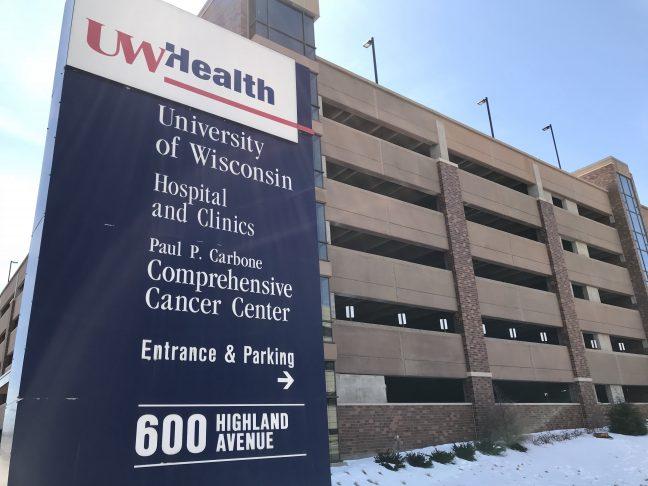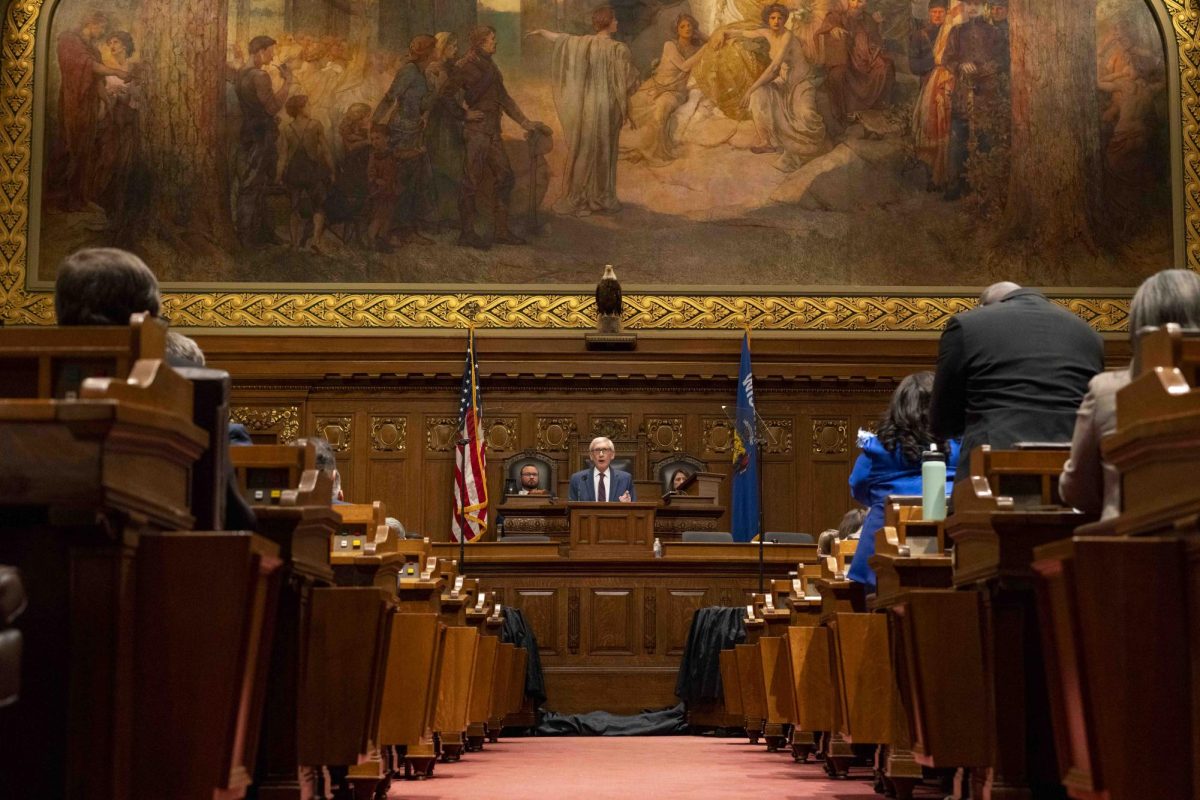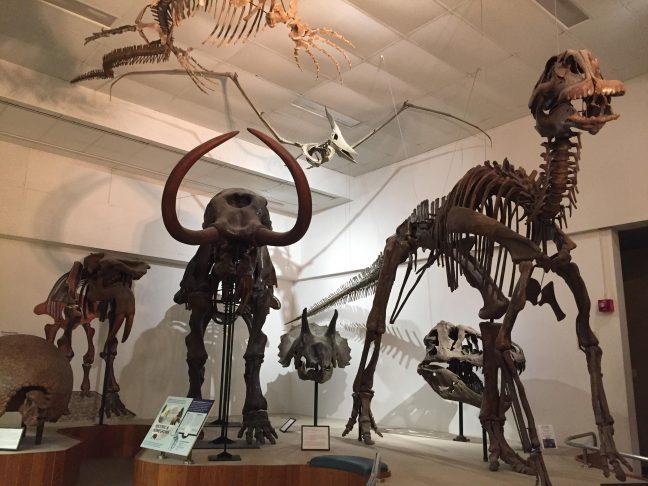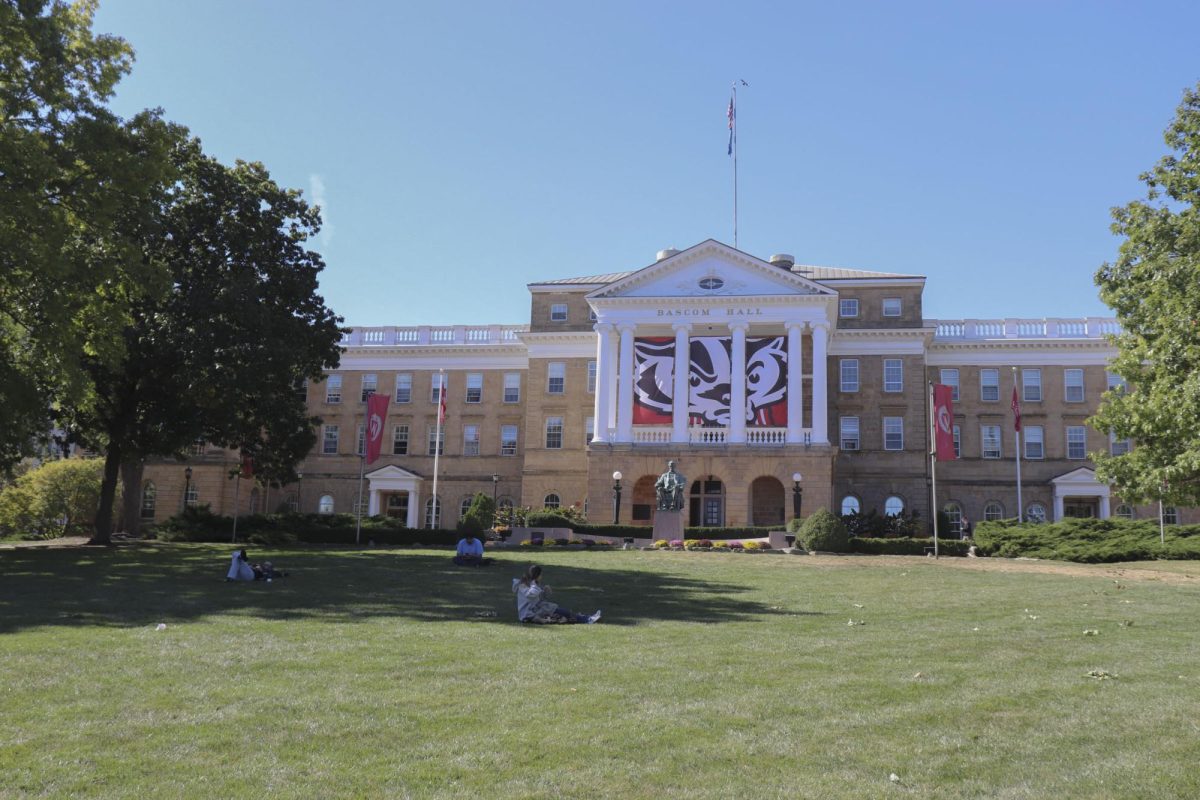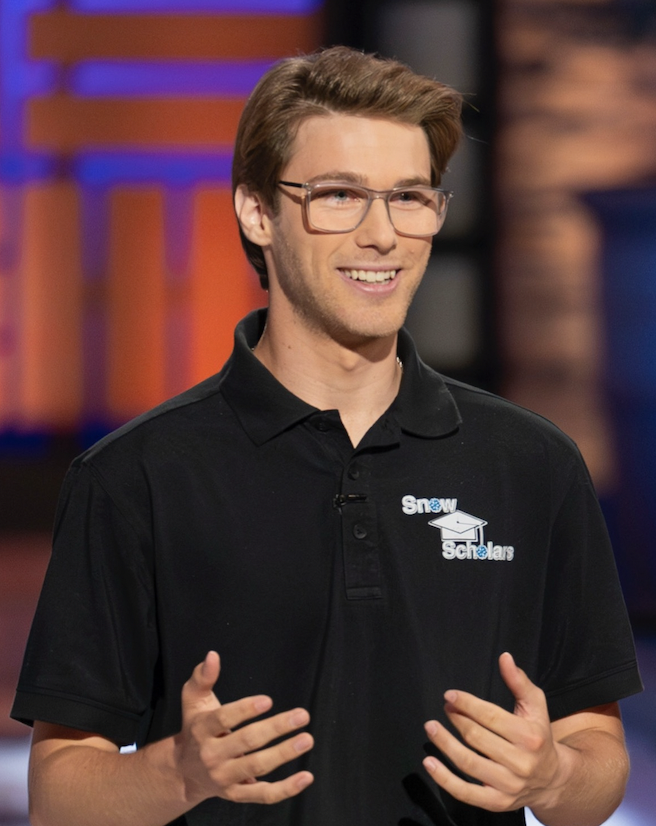One of the University of Wisconsin’s oldest humanities projects faces an uncertain future due to a recent lack in funding.
The Dictionary of American Regional English, a 50-year-old project, has recently finished cataloguing entries of colloquial and regional words around the country, but may now be lacking sufficient funds to continue its work.
“We have two main projects going on now: One is to launch the digital edition of the six volumes, and that should happen late this year,” Joan Hall, the chief editor since the first editor died in 2000, said. “But we’re also hoping to start a new round of field work so that we can actually figure out definitively what has happened to those words we collected 50 years ago.”
The two projects are facing financial problems due to the many foundations that have decided to no longer fund DARE.
Gary Sandefur, dean of the College of Letters and Sciences, said the project is a victim of its own success.
“With private funders, reaching ‘Z’ has been part of the reason for the downturn of financing because it’s really fun to help somebody reach a conclusion, but it’s less fun to keep on in a more pedestrian, but scholarly, activity,” Hall said.
The Franklin Philanthropic Foundation, which has supported DARE in the past, recently stopped funding it for entirely internal reasons, Treasurer John Shea said.
But many other foundations shifted their support to other projects, Hall said.
Sandefur said the project holds great value for both teachers and language enthusiasts and is worth continuing.
“It’s a resource for teachers. It’s a resource for people who want to understand different regional subcultures, people who are studying American History,” Sandefur said. “I think it’s just a fun set of materials to look through.”
Should the funding come through to re-evaluate the changes that have occurred in the past 50 years, Hall said she expected to see differences in where regional words have spread to and where they have diminished in use.
Despite current financial peril, Hall said she was a long way from dismissing DARE’s future.
“We’re trying everything we can think of,” Hall said. “We have appealed to foundations that are operating on a nationwide scale. We’re appealing to a lot of Wisconsin foundations. We’re going back to previous donors.”
Sandefur said that he is trying to find a way to help DARE continue, but that the real question lies in how the project will look in the future.
Theresa Kelley, chair of the UW English department, summed up the sentiment.
“Many in our department admire DARE, for good reason,” Kelley said. “Its knowledge of the language use is specific as well as regional. We learn from it.”


